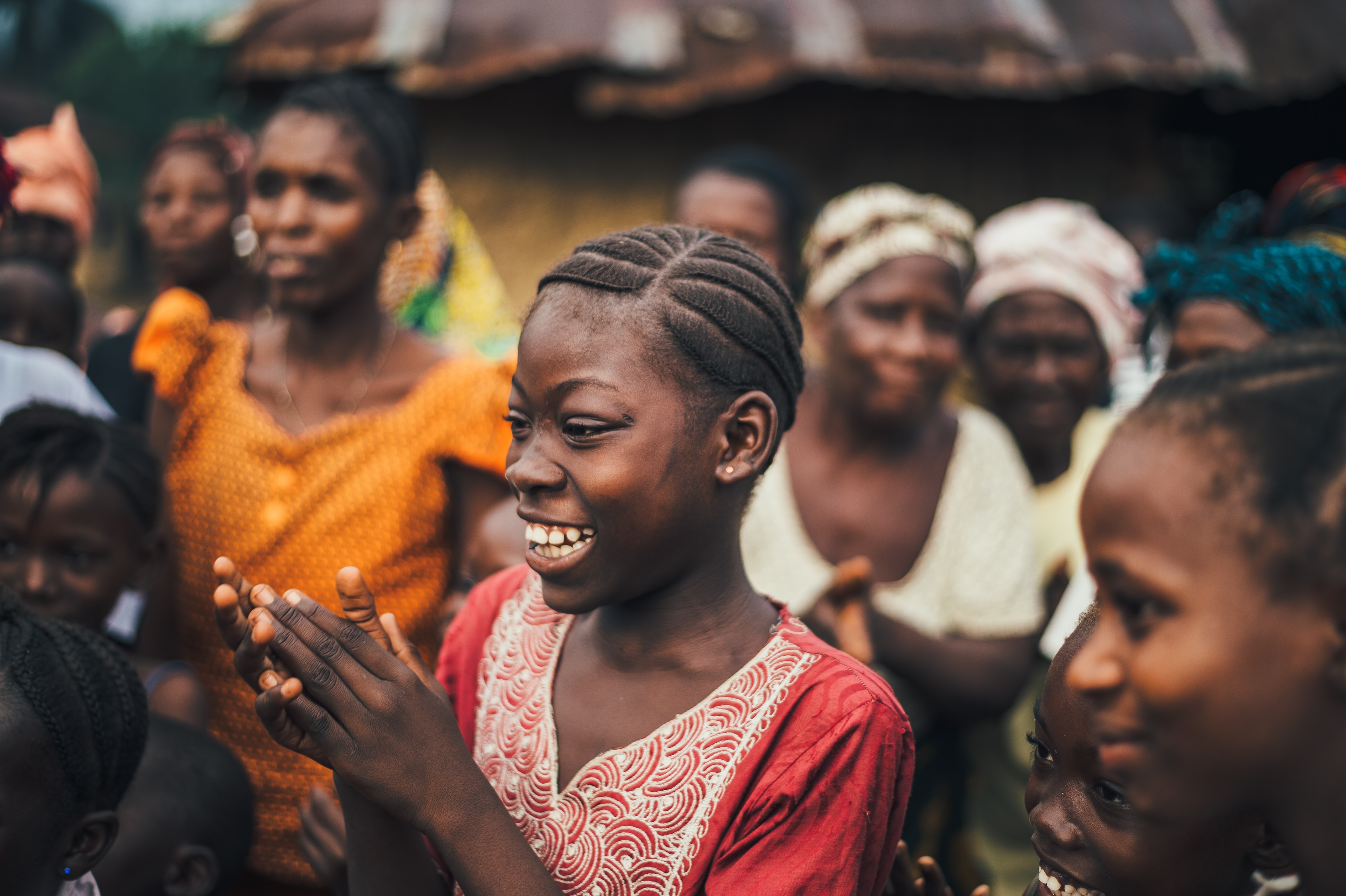SEMERA – Like most pastoralists in the remote Afar region of northeastern Ethiopia, Ahmed Mohammed made sure his daughter was circumcised seven days after her birth.
“This is the culture in Afar, we received it from our ancestors,” Ahmed said.
Afar ranks second in female genital mutilation/cutting (FGM/C) prevalence among all regions in Ethiopia. According to the 2005 national demographic and health survey, FGM/C prevalence in the region was 91.6 percent.
Somali region, at 97.3 percent, was ranked top.
A separate survey by the Ethiopian National Committee on Traditional Practices found that the two regions had recorded minimal change in prevalence over recent years.
Across the country, the prevalence dropped from 61 percent in 1997 to 46 percent – although an estimated three out of four Ethiopian women have undergone the harmful practice.
FGM/C, according to the UN Children’s Fund (UNICEF) and Population Fund (UNFPA), refers to the removal of all or parts of the external female genitalia or to other injury to the female genital organs for non-medical reasons.
Some three million women and girls around the world undergo FGM/C every year, often minors. Of the women and girls who have undergone the practice, 100 million live in Africa, according to the African Development Forum. It is practised in half the countries on the continent – with rates ranging from 98 percent of women in Somalia to 5 percent in the Democratic Republic of Congo.
Combating the practice
In an attempt to fight the problem, UNICEF and UNFPA decided to implement a five-year anti-FGM/C programme in 17 countries, including Ethiopia.
“The goal of the joint programme and Trust Fund is accelerated abandonment of FGM demonstrated by a 40 percent reduction in the practice among girls aged 0-15 years and at least one country declared free of FGM in five years,” said Margaret Thuo, technical adviser to UNFPA and UNICEF.
Speaking at the launch of the initiative in Afar on 24 November, UNFPA’s Helen Amdemikael said: “In this region, infibulation is practised with grave consequences to the health and wellbeing of women and girls, [yet] access to skilled maternal healthcare is weak in Afar region.”
However, she added, the practice needed to be understood through a culturally sensitive lens, hence the new programme, which was designed to respect local culture.
“Our partners at KMG [Kembatti Mentti Gezzimma] have fostered principles of respect, participation, dialogue and social change through community-based structures, embracing the young, the old, women, men and minorities,” she said.
“The communities that work with KMG are proud to have liberated 40,000 girls from circumcision,” Amdemikael added.
Gedamensh Kassa, 19, told IRIN the NGO had introduced an alternative safe ritual in her area, Kemabata Tembaro zone in Southern region.
“Our parents preferred September and October to practise cutting, after a long rainy season,’ Gedamensh said. ‘Our parents believed the meat available at this time would heal the wound.”
KMG introduced a “whole body day”, which is celebrated every October.
“We march with slogans like ‘we are liberated’,” said Gedamensh. “We declared our liberation at this celebration.”
Gedamensh has joined the 9,200-member “Uncircumcised Girls’ Club” where members meet and discuss various issues ranging from harmful traditional practices to reproductive health and HIV/AIDS.
UN approach
The joint UNFPA and UNICEF programme is designed to encourage the inclusion and participation of local and religious leaders.
“The main strategic approach is to gain support for an initial core group, which decides to abandon FGM and mobilises a sufficient number of people to facilitate a tipping point – thereby creating a rapid social shift of the norm,” the two agencies said.
Religious and tribal leaders, who are being brought on board as change agents, will be expected to understand the existing norms, attitudes and social dynamics of their community.
“We now tell the people that it is not a sin if a woman is not circumcised,” Sheikh Mohammed Dersa, a local religious leader, told IRIN.
Source: IRIN 1 December 2008

